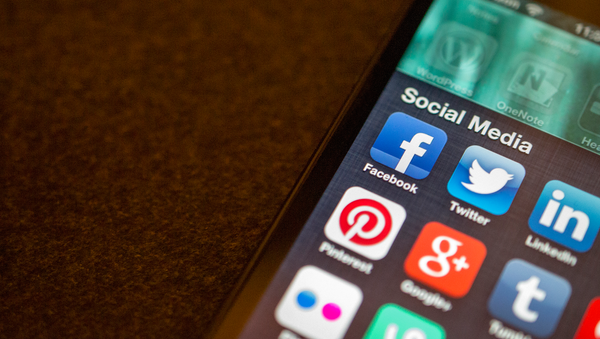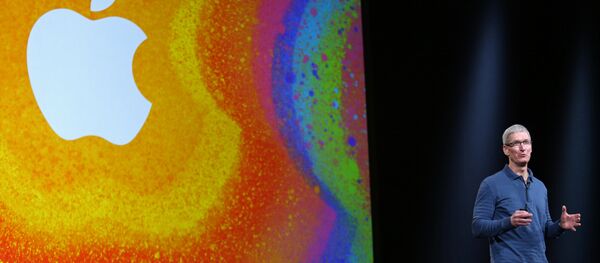In a blog post on Thursday, Apple’s CEO Tim Cook had laid out his case for opposing the order, claiming that to create a backdoor would make all iPhones vulnerable to hacking and mass surveillance.
Yesterday, Twitter’s CEO Jack Dorsey tweeted from his personal account that his company "stands with" Cook on this issue, and thanked him "for his leadership".
We stand with @tim_cook and Apple (and thank him for his leadership)! https://t.co/XrnGC9seZ4
— Jack (@jack) February 18, 2016
While Facebook’s Mark Zuckerberg did not personally come out in support of either camp, on Thursday the company released an official statement that made its pro-encryption stance clear.
"We condemn terrorism and have total solidarity with victims of terror. Those who seek to praise, promote, or plan terrorist acts have no place on our services," Facebook's statement read.
"However, we will continue to fight aggressively against requirements for companies to weaken the security of their systems. These demands would create a chilling precedent and obstruct companies’ efforts to secure their products."
The two social networking heavyweights’ endorsements come after the CEO of Apple’s main rival Google, Sundar Pichai, had written on Wednesday that "requiring companies to enable hacking of customer devices & data… could be a troubling precedent".
Also on Wednesday, Jan Koum, the CEO of Facebook-owned messaging app Whatsapp, had praised Cook’s "stance on privacy".
http://www.apple.com/customer-letter/ — I have always admired Tim Cook for his stance on privacy and Apple's efforts to…
Posted by Jan Koum on Wednesday, February 17, 2016
The sudden formation of this unusually compact bloc signals that tensions between the US government and tech companies are definitely escalating.
The NSA and FBI have been waging their offensive on secure communication systems for a while, badgering technology companies about how weaker encryption and backdoors would help taking on crimes like terrorism or child pornography.
The rise of rather tech-savvy Daesh in Iraq and Syria provided security agencies with even more ammunition for their fight— alleging that the terrorist group coordinates its operations and plans its attack by means of encrypted texts and emails.
Still, in the wake of Edward Snowden’s revelations, consumers have become way too aware of the importance of encryption and privacy. Tech companies are acting accordingly, as caving in on this issue would have disastrous repercussions for their businesses.




